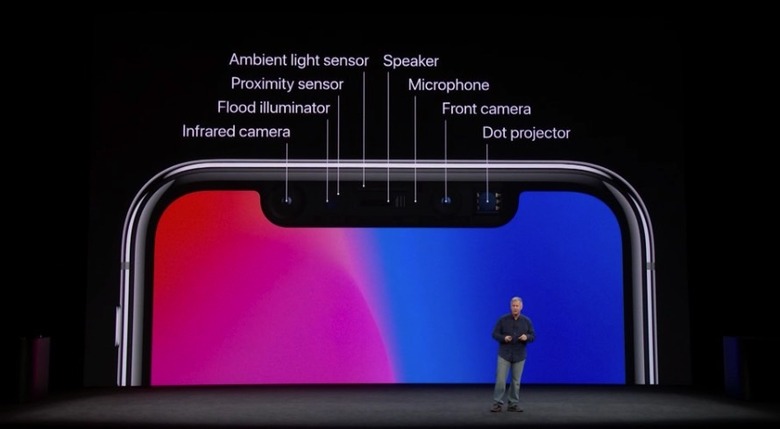Android Makers Want To Copy The iPhone X's Face ID, But It's Not That Easy
As soon as the iPhone X became official, various reports said that Android device makers will be quick to steal one its signature features, the 3D facial recognition system that's more sophisticated than what's found on Android counterparts.
Since then, more reports have emerged detailing Apple's various moves to secure 3D modules supply for future device supposed to support Face ID, including 2018 iPhone X successors and new iPads. Android device makers are also looking to make use of the same components, but they may take their time copying Face ID.
Android flagships launching in the first half of the year aren't likely to sport Face ID-like facial recognition cameras, Digitimes has learned.
It turns out manufacturing 3D sensing modules might still be a difficult process, which explains why Apple is throwing money at various suppliers to secure a steady stream of parts for 2018 devices. The iPhone X launch delay was caused by yield issues with TrueDepth camera parts, sources revealed last fall.
One other reason Android device makers aren't ready to come up with Face ID alternatives is that they may be focusing on clearing out current inventory. That appears to be the case for China-based smartphone makers.
Digitimes' sources said vendors in the region have postponed plans to incorporate new features and technologies, including fast wireless charging and 3D sensing and biometrics.
The report says that Qualcomm was supposed to team up with Himax and Truly Optoelectronics to make 3D-sensing components for Xiaomi and Oppo. But those plans have cooled down due to "lukewarm responses from Android smartphone vendors."
Instead of 3D sensing cameras, some Android makers intend to optimize AI features for their new models. It's unclear whether AI will improve 2D face recognition on these devices, or if 2D face recognition is even in the cards for these manufacturers. Digitimes' report only focuses on the first half of the year. It's unclear whether more Android device makers will incorporate 3D cameras in flagship devices set to launch in the second half of 2018.
Samsung's Galaxy S9 will surely pack face recognition-ready front cameras, but they won't sport components that can measure depth of field, other reports said not long ago.
